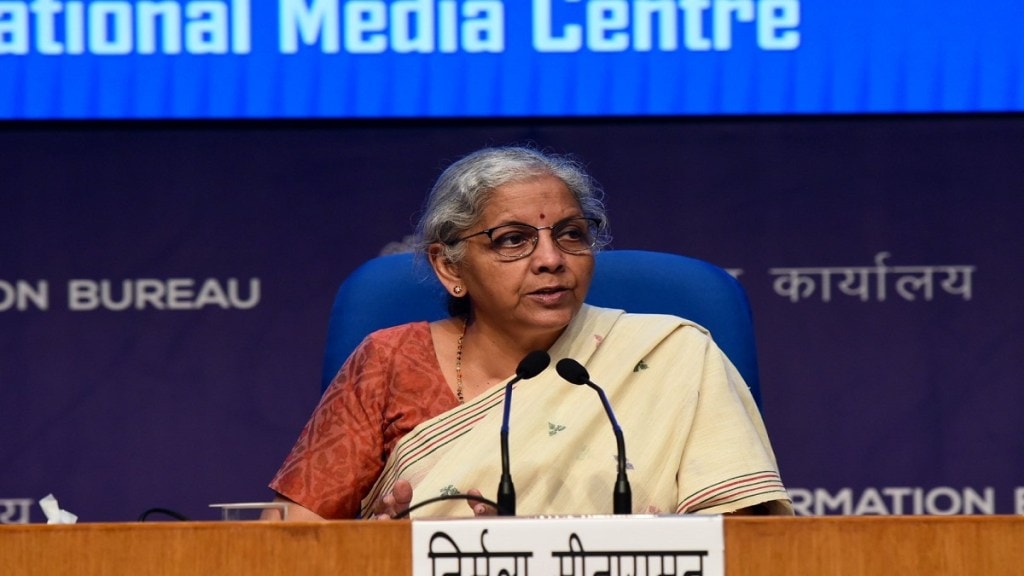Sa-Dhan, the association of microfinance and impact institutions in its budget wish list to Finance Minister Nirmala Sitharaman has called for enhanced access to capital to transform microfinance lending in India. Given the role played by microfinance institutions (MFIs) in extending credit to small and micro enterprises as well to poor households in remote and rural areas, the association has suggested setting up a special fund dubbed the India Micro Finance Equity Fund (IMEF) within NABARD for extending equity support to small and emerging MFIs.
MFIs have lent over Rs 1.5 lakh crore to over 5 crore households so far, around 75 per cent of which are from rural areas. “In order to make their services more available, they need to grow and expand for which growth capital is required,” Sa-Dhan said.
Currently, around 70 per cent of the MFI loan portfolio is centred around the top 200 districts in the country, indicating a large part of the country remains uncovered. However, Sa-Dhan said there are multiple NGOs and development institutions in most parts of the country working in the development sector and financial inclusion.
Hence, to expand microfinance coverage, the association has asked Sitharaman for an effort to upgrade some of these NGOs into MFIs by infusing adequate capital through a ‘transformation fund’ along with capacity building and strengthening management, systems, processes and human resources.
Jiji Mammen, ED & CEO – Sa-Dhan, said, “The microfinance sector disbursed Rs 3.48 lakh crores during last fiscal, which is close to 2.18 per cent of India’s real GDP at constant prices and 1.28 per cent of India’s nominal GDP at current prices. Therefore, the microfinance sector if supported adequately in the upcoming budget can play a pivotal role in reviving and steering growth and consumption.”
The association also suggested a guarantee fund for availing of bank loan facilities for smaller MFIs, mostly with less than Rs 1,000 crore portfolio, as it is difficult for the latter to raise debt funds, mainly from banks and financial institutions. Lastly, Sa-Dhan also sought a congenial environment for microfinance lending which is affected by vitiation of the credit environment by wrong campaigns.
It said that there is a tendency to discuss about loan waiver during election times by some political parties and any such external intervention can disrupt the repayment efficiency in the microfinance sector leading to losses. “Government may consider enacting a law to stop such indiscriminate and across the board loan waiver. The loan waiver should only be on a case-to-case basis.”

